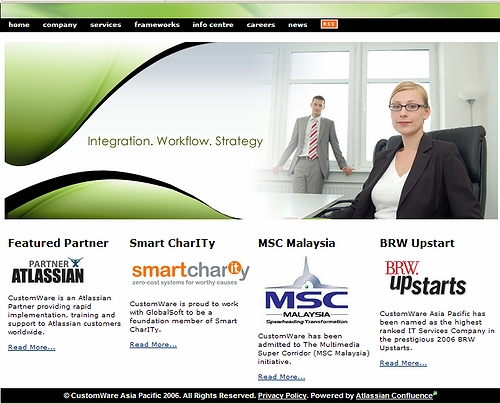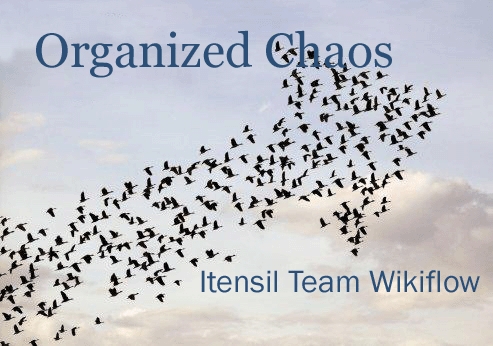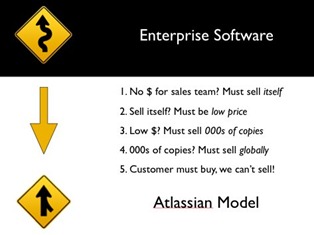If you are/were involved in using a wiki in a business environment and can spare 10 minutes, you may be interested in taking this survey run by Penny Edwards, an MBA student in the UK. You’ll be able to see the current stats upon concluding the survey.



 You Know Wikis Have Arrived When …. they become the feature post in your regular junk mail – this time from an Executive Recruiter firm:
You Know Wikis Have Arrived When …. they become the feature post in your regular junk mail – this time from an Executive Recruiter firm:









Recent Comments